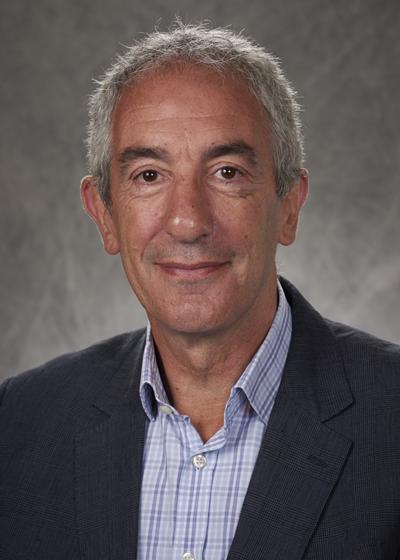
Professor Dan Bader, MDVSNPLUS PI and Professor of Bioengineering and Tissue Health, University of Southampton
Professor Dan Bader is a physicist by training (BSc, MSc) with a PhD in Bioengineering at the University of Southampton. His postdoc position at Oxford University focused on engineering aspects of pressure ulcer (PU) prevention. He later moved to Queen Mary, University of London (QMUL) as a lecturer in Biomaterials leading Soft Tissue Research in the EPSRC Funded IRC in Biomedical Materials (1991-2002).
In 1999, he became first Professor of Medical Engineering, establishing a world-renowned research group at QMUL. In 2011, he joined the Faculty of Health Sciences (FoHS) at University of Southampton as Professor of Bioengineering and Tissue Health, to establish a multidisciplinary team focusing on Skin Health. Since 2000, he has been a Part-Time Professor in Soft Tissue Remodelling in Biomedical Engineering at Eindhoven University collaborating with Oomens on skin damage and PU research. In 2006, he was elected to the World Council of Biomechanics.
In 2011, he became Editor of the Journal of Tissue Viability and was presented the Senior Investigators Award by the European Pressure Ulcer Advisory Panel (EPUAP), an organisation he serves as a Trustee. His research areas include (i) Bioengineering solutions in PU prevention; (ii) Imaging of soft tissues; (iii) Designing medical devices and systems for clinical use; (iv) Cell/ tissue biomechanics. Bader has published over 200 scientific papers, has a current H factor of 45, and edited three books.
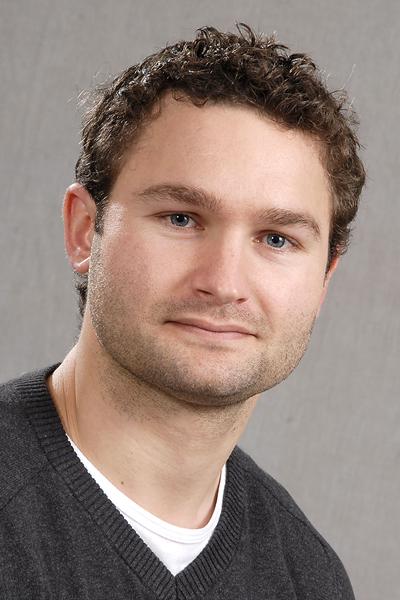
Dr Peter Worsley, MDVSNPLUS Co-I and Lecturer within Health Sciences at the University of Southampton.
His research and clinical experience has fuelled a passion for scientific understanding of key healthcare challenges. During his early research years he has gained experience in in-vivo (healthy volunteers and patient studies) and in-silico research techniques, funded by both industry (DePuy Research Consortium) and clinical partners (Solent NHS Trust).
In 2012 he joined a new Skin Health Research group within the Faculty of Health Sciences (FoHS), where he is responsible for efficient functioning of state-of-the-art laboratory facilities and supervising student researchers, including PhDs, masters and internships. He is a local leader of the South Central Hub of the Council of Allied Health Professionals Research (CAHPR), participating in national strategy meetings. He has also developed an international presence through co-organising scientific conferences, for example the second Focus meeting of the European Pressure Ulcer Advisory Panel (EPUAP), hosted by UoS in April 2014.
His research incorporates a multidisciplinary approach including academics from UoS, the UK, and an increasing number of international collaborators. His skills include physiological and biomechanical monitoring, imaging of musculoskeletal tissues and computational techniques to predict robust parameters which characterise medical device-body interactions. His research has been supported by UKRCs, NIHR, local University funding, NHS Trusts (PhD studentships) and industry
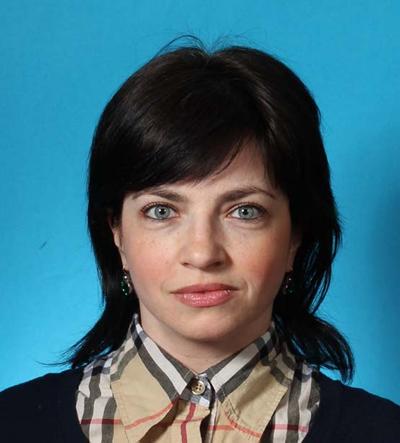
Dr Luciana Bostan, MDVSNPLUS Manager and Research Fellow within Health Sciences at the University of Southampton.
Dr Bostan is responsible for the management of MDVSNPLUS, liaising with the senior academic partners, associated industrial and clinical collaborators. Her major focus is on the implementation of experimental research projects associated with interventional medical devices which are attached to the skin surface. This also includes supervising the laboratory facilities and participating in the acquisition of equipment. She is also interested in applying for further research projects that will widen the network. Her personal projects aim to characterise, in a predictive manner, the biomarkers related to loss of skin integrity.
She joins the MDVSNPLUS from University of Leicester (Prof. Christine Pullar’s Lab), where she was a Post-Doctoral Research Assistant working on a project in collaboration with Mölnlycke Health Care (Göteborg, Sweden). The aim of this project was to study the physiological responses of dermal fibroblasts, keratinocytes, endothelial cells and macrophages to an applied electric field strength currently used to treat chronic wounds. During this research project she studied cell migration, proliferation, gene expression changes with the PCR Profiler wound healing Array (Qiagen,USA) and protein secretion.
Her earlier work at the University of Sheffield (Prof. Sheila MacNeil and Prof. Roger Lewis Lab) included a project in collaboration with Philips (Eindhoven, Netherlands; Prof. Steve Franklin) and ZUT University (Szczecin, Poland) within a network that aimed to understand the interaction between the medical devices and soft tissues (UNITISS). Within the project she was actively involved in organotypic culture using human skin cells isolated from human skin, design and develop appropriate in-vitro testing methods that reliably simulate in-vivo conditions to look at the physical interaction of catheters. She was also able to characterise the soft tissues surfaces (skin, arteries) after mechanical insult.
Dr Bostan has a Bachelor degree in Medical Bioengineering with a specialisation in Biomaterials and Prosthetics Technology. Her PhD investigated polymeric materials with controlled hydrophilic character with applications in articular cartilage tissue.
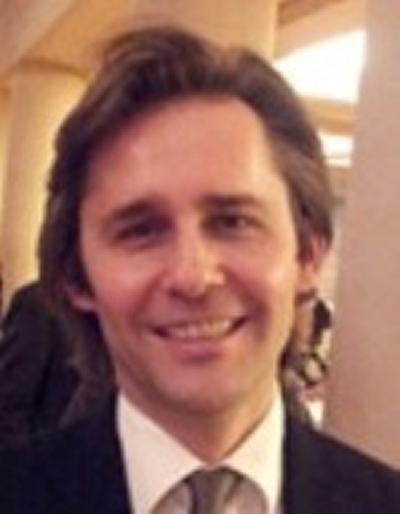
Professor Ralph Sinkus, MDVSNPLUS Co-I and Chair in Bioengineering, King's College London
Professor Sinkus is a Physicist by background and has built his career both in industry and in academia.
From 1997, Professor Sinkus worked at Philips Medical Systems Research Laboratories in Hamburg, Germany, where the main focus of his research was in the domain of MRI, specifically in the field of MR-elastography (MRE). Following this position Professor Sinkus entered academia to become Research Director at CNRS in Paris, France.
He is now Professor and Chair in Biomedical Engineering at the Division of Imaging Sciences & Biomedical Engineering at King’s College London, where he leads a research group on tissue mechanics and MRE. Professor Sinkus is one of the leading researchers in MRE with expertise in tissue mechanics across multiple disease areas. He is at the forefront of MRE research and has developed novel technologies and techniques with commercial opportunities
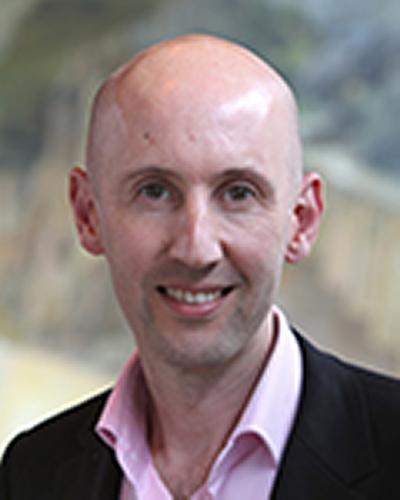
Professor Stephen Morgan, MDVSNPLUS Co-I and Professor of Biomedical Engineering, University of Nottingham
Professor Stephen Morgan, University of Nottingham (UoN), has since 1992, investigated novel optical techniques for imaging and spectroscopy of tissue using laser Doppler flowmetry, acousto-optic imaging and hyperspectral imaging. At UoN, he has held an EPSRC Advanced Fellowship (1998-2006), Readership (2006-2010) and became Prof. of Biomedical Engineering in 2010. His research involves the development of devices to monitor the microcirculation specifically in tissue breakdown and wound healing. For example, he currently has i4i funding for development of a novel endotracheal tube that can monitor the microcirculation at the cuff/trachea interface.
Recent work involves the development of photonic textiles. These sensing systems, incorporated into garments can monitor pressure, temperature and the microcirculation. He has 2 licence agreements with Moor Instruments Ltd (blood flow imaging) and Footfalls and Heartbeats Ltd (Photonic Sensing Socks) and is involved with a joint research venture Heartlight Systems Ltd (www.heartlightsystems.com) to develop an optical heart rate monitor for newborn infants in the delivery room.